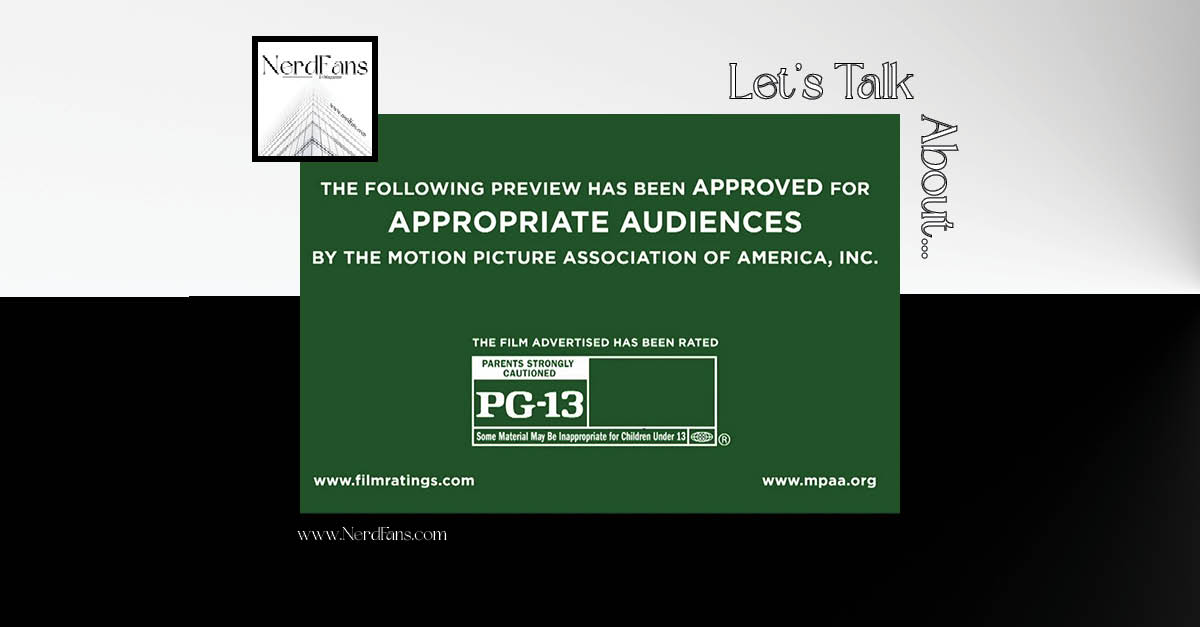A Sales Team reason for rejection
Think about the last book that you bought. Why did you decide to spend your hard-earned money on that one? If you’re like the majority of Americans, it’s because someone close to you recommended it. In fact, fully three of every five Americans indicate that what makes them “want to buy a book” is a suggestion from friend or family member.
This makes sense. After all, those closest to us—those we trust—are typically people with similar tastes, people who know us and who have our best interests in mind. Sure, they may miss from time to time with a recommendation, but for the most part these folks are pretty reliable in our lives.
Guess what? My Sales VP is one of those people who turns to friends and family when he wants a quality recommendation on a book.
In fact, my Sales VP trusts his wife’s opinion—or even his babysitter’s opinion—more than he trusts the hype you’ve plastered all over your proposal pages. If my VP gets along with his family (yes, even dragons have families!), and if your book is on his mind after a day at work, he’s going to talk about it to his wife and kids. Maybe over the dinner table. Maybe during chores. Maybe when they’re between innings at Junior’s 8th grade baseball game. Trust me, the topic will come up.
What’s more, if he’s on the fence about your proposal—maybe he likes the writing, but not the trade channel prospects—he’s even more likely to solicit a second opinion from somebody around the house. That puts a lot of power into the opinions of a person only tangentially involved in publishing—or maybe into the hands of someone who doesn’t really know the first thing about writing except that she didn’t like Brisingr as much as she liked Eragon.
Still, it happens—and it may be the reason your book is rejected.
What You Can Do About It
1. Assume that quality is your safeguard against unofficial critics.
Truth is, you have no control over whether or not my Sales VP seeks out a second (or third) opinion on your book. Sure, if you’ve done everything well in your proposal, my VP should be able to vote an unequivocal “yes” without needing extra input. But you and I both know that’s often just wishful thinking.
On other hand, when my Sales VP asks his babysitter what she thought of your book, enthusiasm for your writing from that person will carry a lot of weight. So take care to write with quality and skill for your intended audience. That, in the end, is your best safeguard against any critic—husband, wife, child, friend, babysitter, or anyone.
2. Preempt a similar audience.
If you’re writing for women, and my Sales VP is a man, he’s likely to show your book to his wife as a representative of your audience. So why not do that before he does?
Find a few people who are representative of your reading audience, and solicit their sincere criticism of your work. This works best if your representatives are not your family members, but a few friends is usually fine. Ask for written critiques. Then, when they come in, quote some of the most favorable comments and include them in your proposal under a section titled, “What people are saying about [book title].”
For instance, if your book is for hair stylists, you might quote as follows: “So interesting! I never knew there were so many possibilities in my job before I read [book title]”—Mandi, chief stylist at Carova Salon
3. Relax.
Hey, you can’t micromanage everything. If you’ve honestly done the best job you can on your book and its accompanying proposal, this reason for rejection may just need to be one of those things you just leave up to someone else. No sense worrying too much over what, really, is out of your control, right?
Looking for more? Check out these links:














